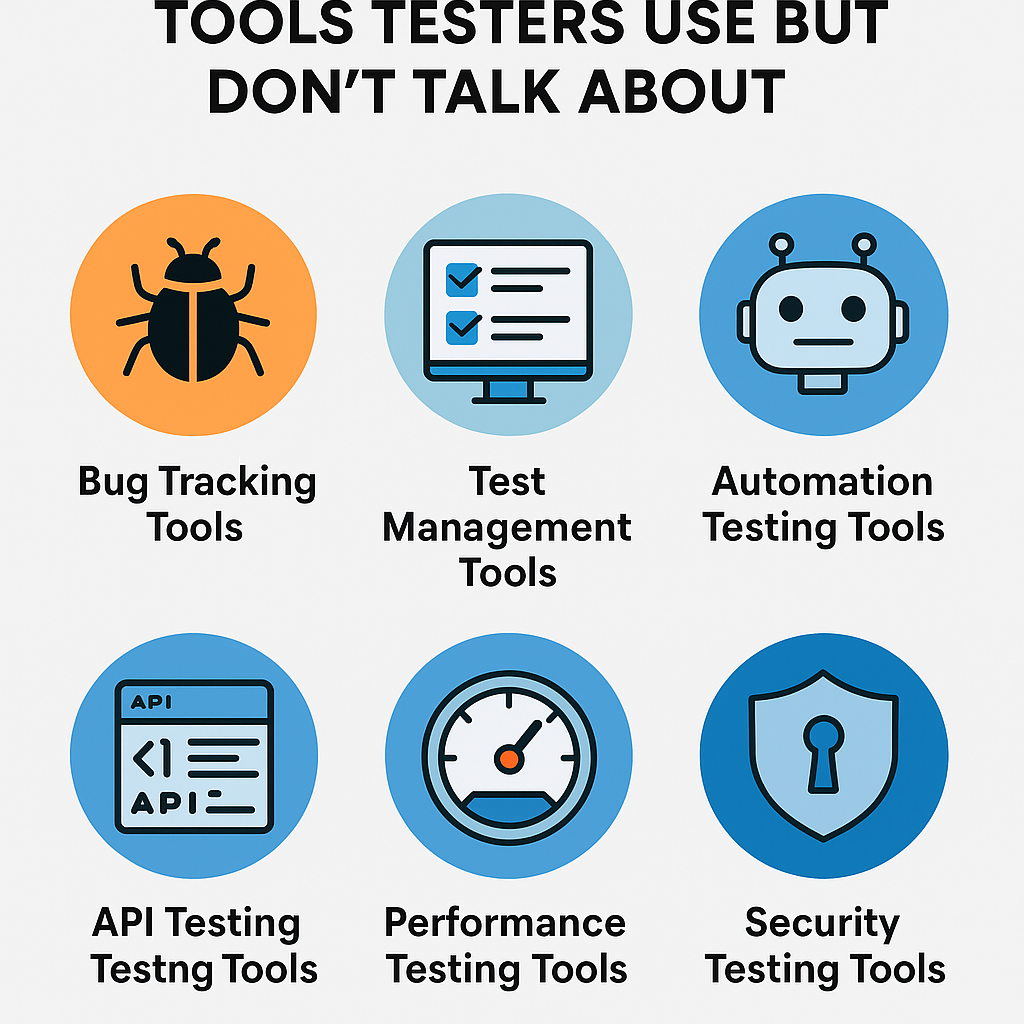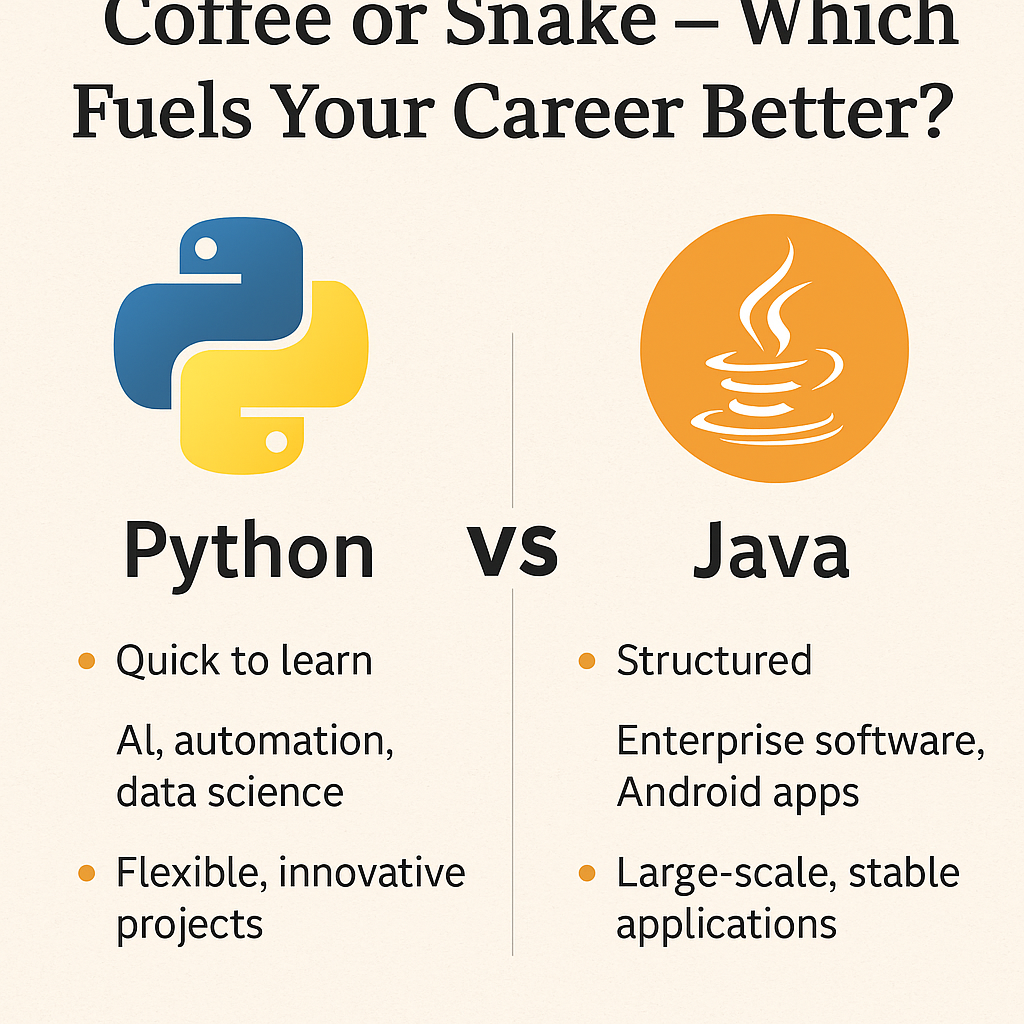It’s 2025, and let’s face it — automation testing is no longer just a bonus skill. It’s expected. Especially if you’re applying for a QA role that involves Python, you need more than just “basic knowledge.” Recruiters are no longer impressed by people who watched 10 tutorials on YouTube and wrote a few scripts. They want candidates who practiced, who built, and who can explain.
So if you’re preparing for your first Python Automation Tester interview as a fresher, here’s exactly what you should know — straight from a recruiter’s lens.
What Recruiters Actually Expect from Freshers
Let’s be honest. Nobody expects you to know it all.
But if you’re applying for a Python automation testing role, you should be able to do a few things confidently:
- Write simple Python scripts that aren’t copy-pasted from Stack Overflow
- Automate a login page or search flow using Selenium WebDriver
- Use Pytest or Unittest to organize your tests
- Share your code via GitHub
- Talk about how testing fits into an Agile or DevOps process
That’s it. Not rocket science — but not “just theory” either.
Core Skills You Should Know (Not Just List)
1. Python That Actually Works in Testing
You should be able to:
- Loop through lists of test data
- Write functions that return results
- Understand classes well enough to build Page Objects
- Handle errors using try/except
- Print meaningful logs when things break
You’re not building Instagram. But you should be able to write clean, reusable, and readable Python.
2. Selenium WebDriver
This is your bread and butter. You need to know how to:
- Locate elements using XPath, CSS selectors, or IDs
- Use
WebDriverWaitinstead oftime.sleep() - Fill forms, click buttons, handle dropdowns and popups
- Write test flows like: login → search → add to cart → logout
If you’ve never automated a real website (even a test site), you’re not ready.
3. Pytest or Unittest (Pick One and Learn It Well)
Companies don’t care if you learned Unittest or Pytest — they care if you can use it.
- Write test functions with meaningful names
- Use assertions to validate results
- Create fixtures to set up test data
- Group test cases using classes or modules
- Generate HTML reports (like pytest-html or Allure)
4. Git and GitHub
No matter how junior you are, you must know how to:
- Clone a repo
- Create branches
- Commit and push changes
- Resolve basic merge conflicts
- Use GitHub to share your project during the interview
And yes — they will ask to see your GitHub.
5. CI/CD Awareness (Bonus, But Helpful)
You don’t need to set up Jenkins, but at least understand:
- What a pipeline is
- Why tests run automatically after a commit
- Where automation fits in a build process
If you can mention GitHub Actions or Jenkins and explain in plain English, it’s a plus.
Real Projects That Actually Matter (No More Google.com Login)
When I screen candidates, I ask: “What did you build?”
If they say, “I automated Google.com login” — we’re done.
Here’s what makes a real, valuable project:
E-Commerce Site Automation
Test a user flow like:
- Login
- Search for a product
- Add to cart
- Checkout
Include validations for product title, price, cart total. Use POM structure and separate locators from logic. Bonus if you can run the same flow with different users or products.
Admin Dashboard (CRUD Testing)
Create, update, and delete users or products. Validate form inputs and success messages. Automate sorting, pagination, and filtering in a data table. These are real-world use cases.
E-Learning Platform
Enroll in a course → start a video → submit a quiz → see result.
Handle dynamic elements, loaders, and alerts.
API + UI Combined
Register a user from the UI, then validate their data using an API call. Use Python’s requests module. It shows that you think beyond just clicking buttons.
Robot Framework Suite
Write a small keyword-driven test using Robot Framework. It’s readable, looks professional, and impresses enterprise teams.
How to Present Your Project Professionally
Let’s say your project is amazing. But you didn’t document it or structure it — no one will take it seriously.
Here’s how to fix that:
- Create a GitHub repo with a clean folder structure:
tests/,pages/,data/,reports/ - Add a README.md that explains:
- What your project does
- What tools you used
- How to install and run it
- A screenshot or sample output
That README speaks louder than your resume.
Real Interview Questions You Will Face
- How do you handle elements that load dynamically?
- What’s the difference between
find_element()andfind_elements()? - What are fixtures in Pytest and why are they useful?
- Can you explain Page Object Model in your own words?
- What was the most challenging bug you debugged in automation?
- How do you manage test data in your framework?
- What is the difference between implicit and explicit waits?
- How would you set up automated testing in a CI pipeline?
Final Tips That Actually Work
- Don’t bluff. If you haven’t done it, say so.
- Practice talking about your code. Your logic matters more than your syntax.
- Show curiosity. Ask questions if you don’t know something.
- Review your GitHub before the interview. Make sure it runs.
- Rehearse demoing your project like it’s a pitch. That confidence is what stands out.
Final Thoughts
If you’re going for a Python Automation Tester role, don’t just say “I learned Selenium.” Show it. Demonstrate it. Talk about what you built, how you built it, and what you’d improve.
That’s what makes a fresher feel job-ready — and what makes a recruiter pay attention.
Want help building real projects and preparing for interviews?
👉 Join our hands-on training at QAOnlineTraining.com OR you can take our self-driven All in one Automation Testing Course with Java, Python & Robot framework












